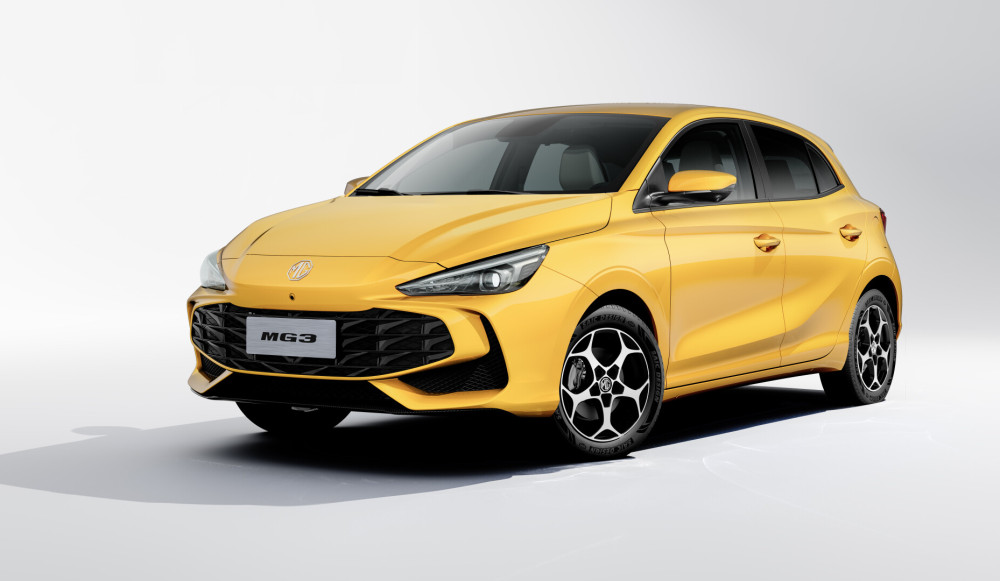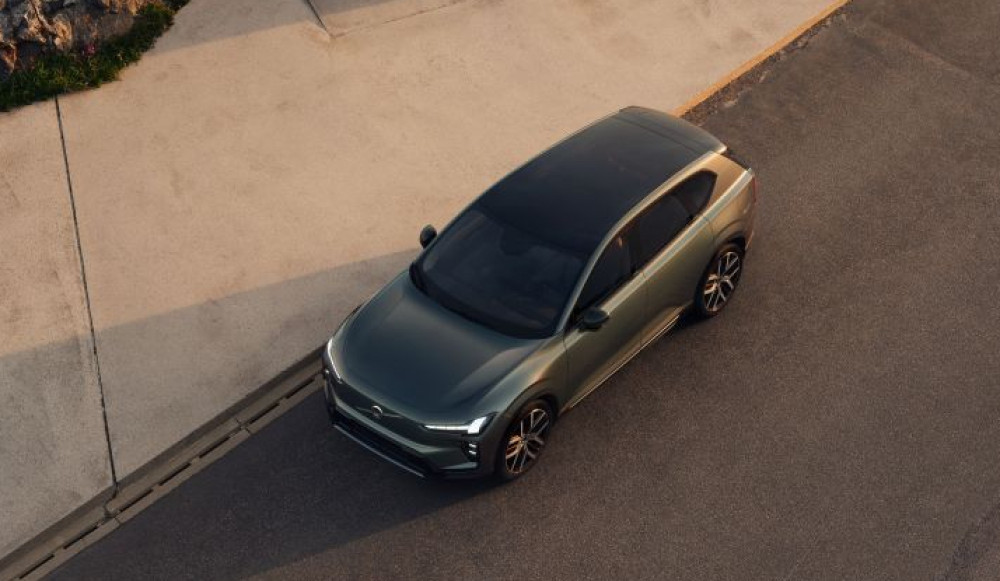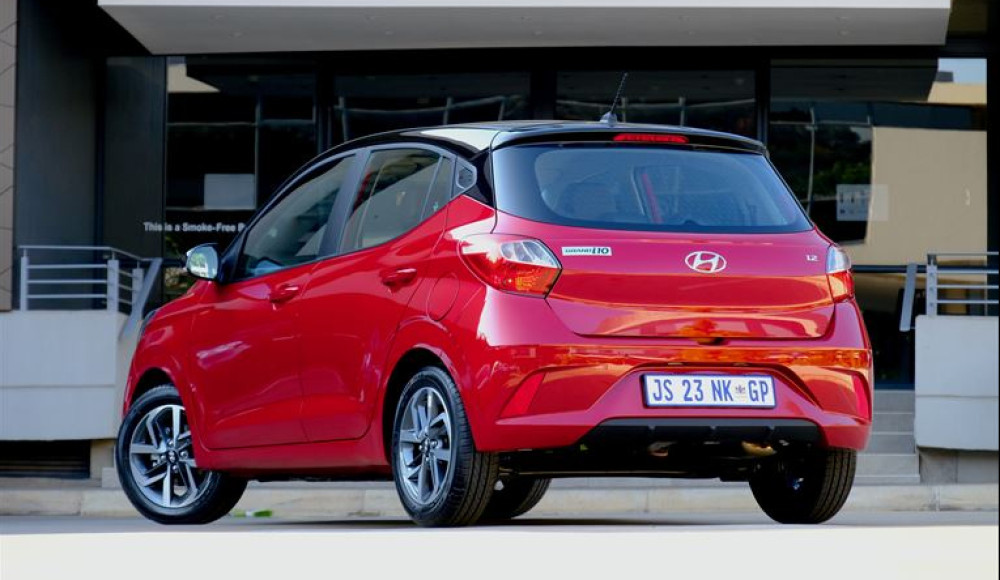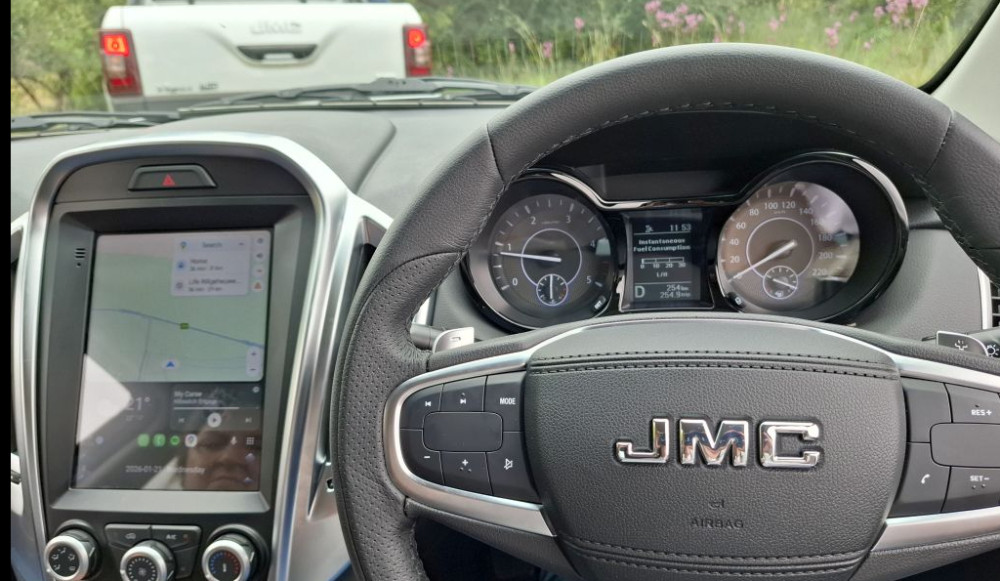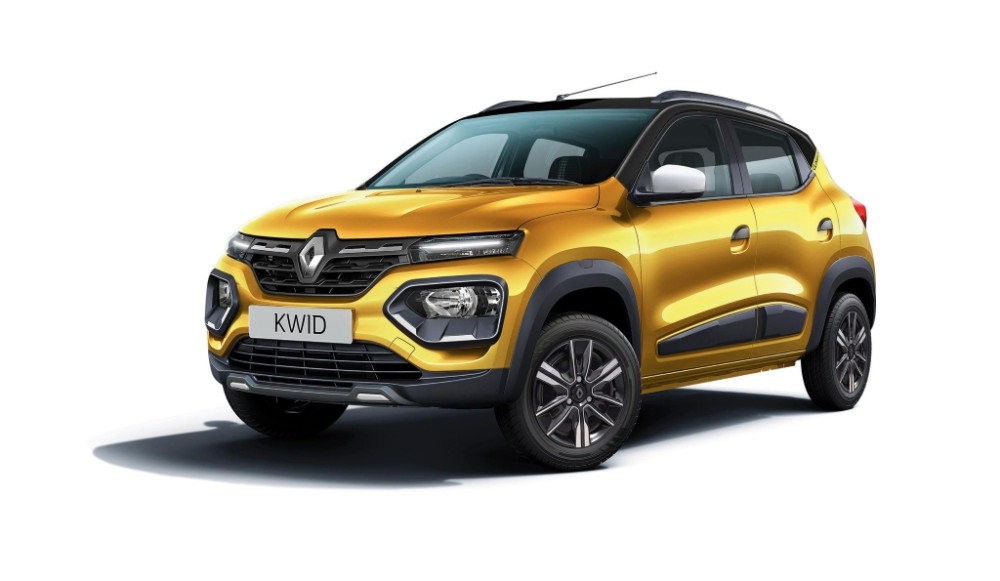Dongfeng Motor Corporation and Chongqing Changan Automobile Company, two Chinese state-owned automotive manufacturers, are reportedly nearing a merger agreement as part of Beijing’s efforts to consolidate domestic industry players and strengthen innovation in new energy vehicles (NEVs).
The discussions, confirmed by sources familiar with the matter and first reported by The New York Times, could create a combined entity with significant influence in China’s rapidly evolving automotive sector.
Dongfeng, and Changan are key contributors to China’s automotive output. While Dongfeng has maintained partnerships with global brands such as Nissan, Honda, and Stellantis, Changan has expanded its international footprint through joint ventures including ChangAn Ford and ChangAn Mazda, alongside wholly owned brands like Deepal and Avatr.
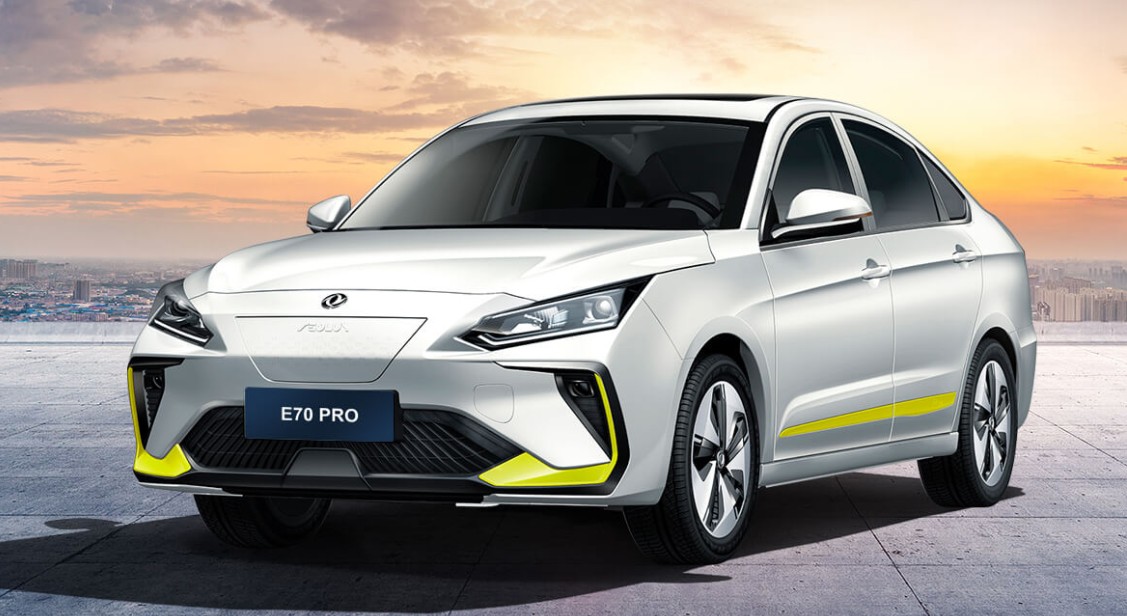
The very best dealer-backed selection of pre-owned cars can be found right here
Changan’s aggressive global strategy included plans to enter 10 European markets by the end of 2024, targeting annual sales of three 3-million vehicles this year and 5-million by 2030. The firm has also deepened its Southeast Asian presence through a partnership with Vietnam’s Kim Long Motor to build a manufacturing facility in Hue, which will produce passenger vehicles under the Kim Long Changan Vietnam brand.
Wang Hui, Changan’s vice-president, described the venture as a “crucial step” in the company’s globalisation strategy.
Dongfeng, though smaller in valuation, has exported commercial vehicles to markets in Africa and the Middle East. A merger with Changan could enhance its research and production capabilities, particularly in NEVs, a sector prioritised by Beijing for domestic dominance.
The talks align with China’s broader directive to streamline state-owned enterprises, reduce operational redundancies and bolster competitiveness in critical technologies. Earlier discussions between the two firms began in February, with both companies notifying foreign partners of the potential merger. However, the impact on existing joint ventures — such as Changan’s ties with Ford and Mazda — remains unclear.
Analysts suggest the merger could accelerate NEV development, leveraging Changan’s recent €1,5-billion investment in intelligent driving technologies and Dongfeng’s manufacturing infrastructure. This consolidation may intensify pressure on Western automakers in China, which accounts for 60% of global electric vehicle sales.
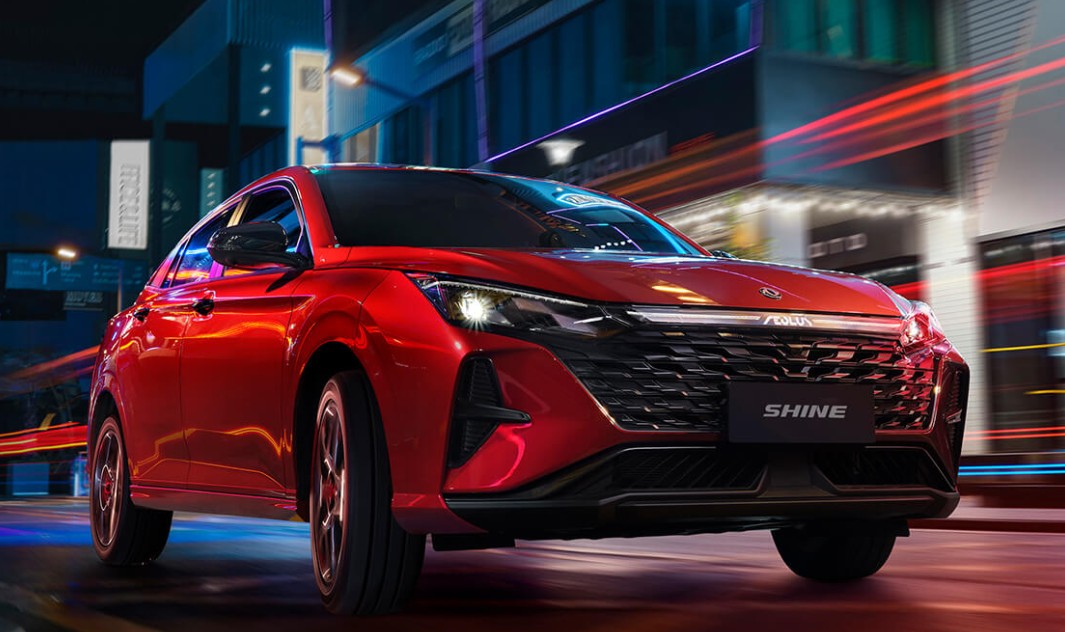
For finance deals that truly shine - click here
South African Market Dynamics
Changan’s potential re-entry into South Africa, alongside Dongfeng’s confirmed plans to enter the passenger vehicle market, underscores both firms’ ambitions beyond China. Dongfeng recently announced its official entry into South Africa’s passenger-vehicle sector, unveiling the fully electric Box compact hatchback at a launch event in Gauteng.
Changan’s return to South Africa — a market known for demand in affordable, durable vehicles — could introduce competitive options in budget-friendly segments, such as its CS series of compact SUVs. The moves coincide with growing traction for Chinese brands in South Africa, where rivals like Haval and Chery have established footholds. A merger with Dongfeng might enable shared distribution networks or collaborative technology development, enhancing cost efficiency and market penetration.
The merger talks reflect China’s strategic shift toward creating automotive giants capable of rivalling global competitors. Success could set a precedent for further state-backed consolidations, reshaping the domestic industry while amplifying China’s influence in international markets.
Related Content: Changan set to re-enter local market
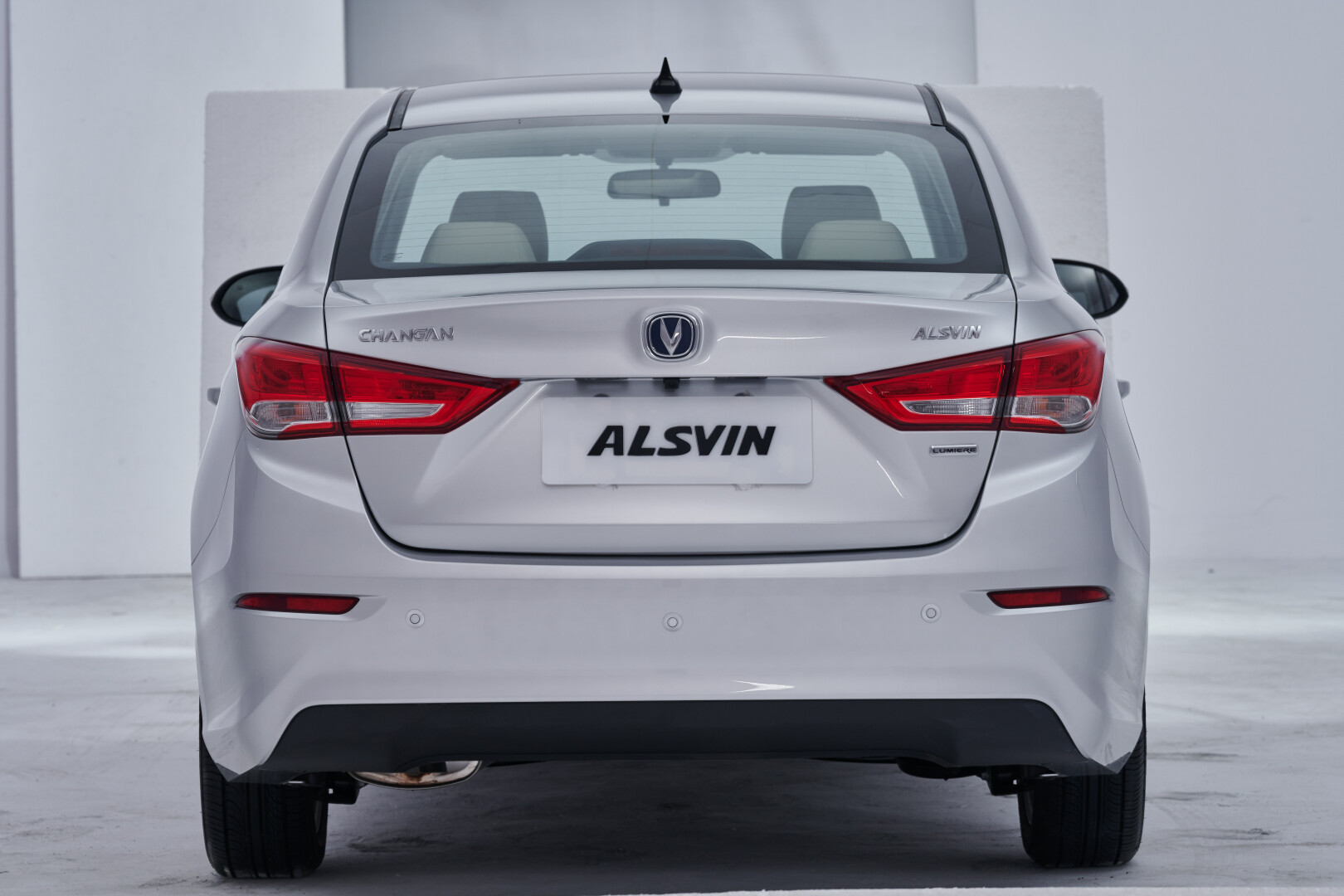
For the very best insurance deal for your car – click here
For South Africa, the entry of Dongfeng and Changan’s potential return highlights the increasing role of Chinese automakers in reshaping local dynamics, particularly in entry-level and electric vehicle segments. However, challenges such as supply chain reliability, brand differentiation, and after-sales support will be critical to their long-term success.
As discussions progress, stakeholders will monitor regulatory approvals and integration complexities. The outcome may not only redefine China’s automotive landscape but also signal a new phase of global competition driven by state-coordinated industrial strategies.
Colin Windell for Colin-on-Cars in association with
proudly CHANGECARS


